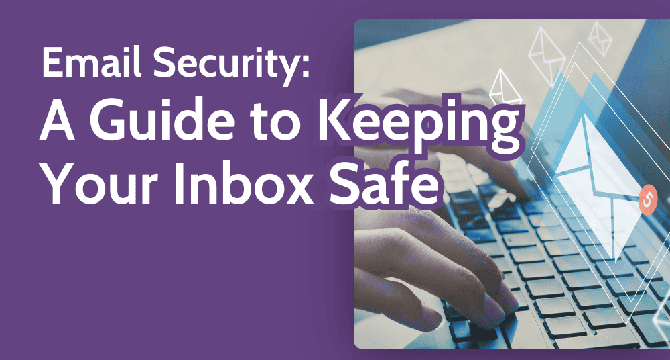Cloudwards
1M
404

Image Credit: Cloudwards
Email Security: A Guide to Keeping Your Inbox Safe in 2024
- Email is not a secure form of communication and sending sensitive information via email should be avoided.
- Email can be targeted by phishing attacks, spoofing attacks, spam campaigns, malware and frauds.
- To protect your email accounts, use complex passwords with multi-factor authentication, and third-party software like a VPN or antivirus; use email encryption services.
- Avoid checking emails on public Wi-Fi, never open emails from unknown senders, and use strong, unique passwords that aren't reused across multiple accounts.
- Encrypting your emails is vital to ensure only intended recipients can read them.
- DNS records are essential for email protection, allowing email security solutions to detect, authenticate and block malicious emails.
- Several email security tools like DMARC Protocol, Multi-Factor Authentication, Phishing Training Exercises, and Email Encryption can be effective in securing your email accounts.
- Companies that provide comprehensive email security solutions are Mimecast, Avanan, and Barracuda.
- It's crucial to protect both personal and professional emails for securing sensitive information as email-based attacks are on the rise.
- Using several security methods in combination with robust email security practices could enhance email safety significantly.
Read Full Article
24 Likes
For uninterrupted reading, download the app